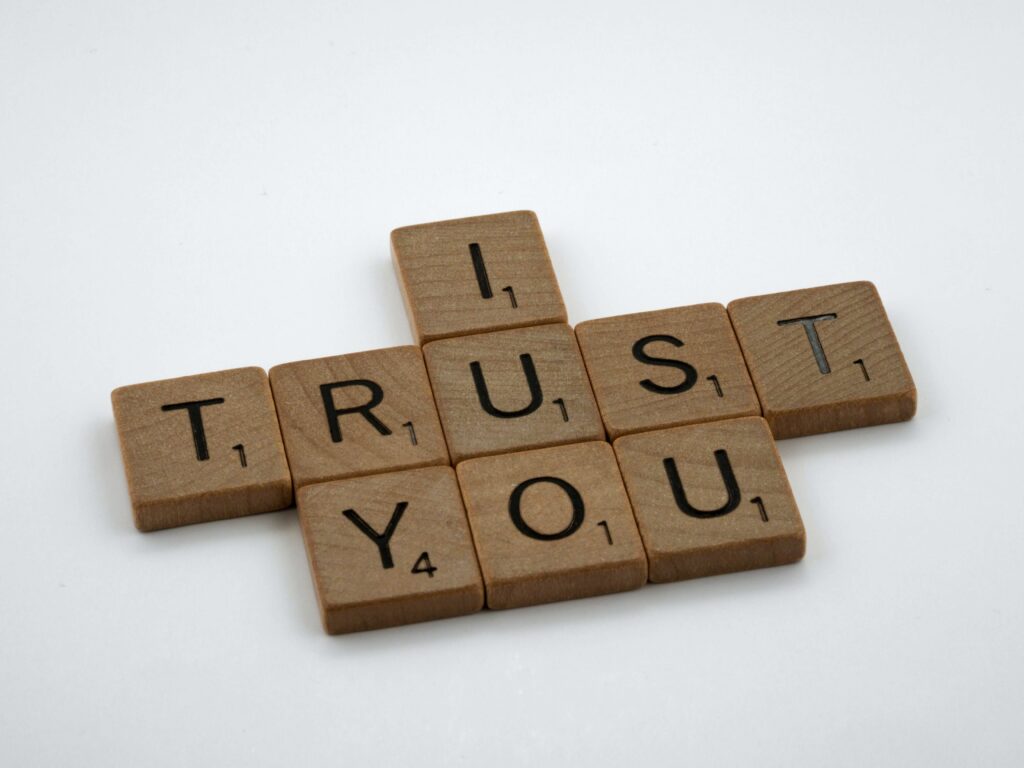When a family member suffers serious permanent injury or dies in an incident, loved ones can claim affectio damages. This has been possible since 2019. Affectio damages arise when someone suffers a lot of grief due to serious permanent injury or the death of a loved one. The person who caused this damage can be held liable for it. The liable person is therefore not only obliged to compensate for the material damage, but also for affectio damages of the loved ones. The amount of affectio damages varies between € 15,000.00 and € 20,000.00.
The law states who can claim affectio damages. These are partners, (step)children, foster children, (step-parent)parents and foster parents. Brothers and sisters do not belong to this circle of beneficiaries. However, there is a residual category for persons with whom the victim was in a very close affective relationship. Brothers and sisters can fall under this category. A recent judgment of the District Court of North Netherlands has been published in which the question of whether a brother and sister had a right to affectio damages was discussed. In this blog, I will discuss this judgment (ECLI:NL:RBNNE:2022:2780).
What was this case about?
In January 2020, a one-sided traffic accident occurred. The woman driving the car was killed in the accident. Because she had a passenger accident insurance (hereinafter: SVI) with Achmea, Achmea had to compensate the damage. A SVI is a supplementary insurance that compensates for personal injury to a passenger. It is irrelevant who is to blame for the accident. Affectio damages of relatives are also included in personal injury. In this case, these are the brother and sister. They make a claim on the SVI. They want compensation for affectio damages. Achmea believes that they have no right to this. Achmea believes that there is no evidence of a close affective relationship. The brother and sister disagree with this and take the matter to court.
Position of brother and sisters
They argue that there is a significant family relationship. They grew up together with their sister in a family. They had a long-standing and intense relationship with her. The family supported each other emotionally. The brother and sister argue that the death of their sister caused them a lot of suffering.
The brother of the deceased stated that they spent a lot of time together in their youth, they helped each other with delivering a newspaper round. He further argued that they lived in the same village for a long time. They also helped each other with moving and chores. The brother supported his sister after a relationship ended and went out with her a lot at that time. They visited each other regularly and had a lot of contact on the phone. In short: they shared a lot of love and sorrow with each other. After the sudden death of their mother, the bond between them became even stronger.
The sister described her relationship with the deceased as that of two best friends. They had almost daily contact via the app, went to each other often and went out together. They even went on vacation together. In their youth, they lived together and the closer the bond became the older they got. They helped each other with the renovation and the furnishing of their homes.
Position of Achmea
Achmea takes the position that much more is needed than a good, close family bond to assume a “close affective relationship” within the meaning of the hardship clause of article 6:108 BW. The legislator intended that only in exceptional circumstances is there a claim to compensation for affectio damages for brothers and sisters. Such exceptional circumstances have not been proven sufficiently. For example, a certain “care element” is required for a claim to compensation for affectio damages. That means a certain degree of dependence that exceeds the “normal” brother/sister or sister/sister relationship, according to Achmea.
Judgment of the court
According to the court, it is clear that the parties involved had a warm and valuable family bond. The death of the victim caused her brother and sister a great deal of suffering. However, the specific circumstances are not so exceptional that they justify a reference to the hardship clause. Compensation for affectio damages is only possible if the brothers and sisters demonstrate that there is a close personal relationship that is so exceptional that it can be considered as such. This means that the close personal relationship exceeds a normal family relationship.
According to the court, the circumstances that the brothers and sisters mention are insufficient to assume that the family relationship strongly deviated from what is generally applicable to adult children from one household. The court dismisses the claim. The brother and sister therefore have no right to affectio damages.
Conclusion
Compensation for affect damage was created to compensate the loved ones of a victim for their grief. It goes without saying that most siblings experience a great deal of grief when a brother or sister dies. One would then expect that in most cases siblings would be entitled to affect damage. However, the starting point in the law is that siblings are generally not entitled to compensation for affect damage. An exception is only possible if the close personal relationship between siblings exceeds a normal family relationship. The case law shows that judges take a reserved attitude in the assessment of this.
The conclusion is that it is theoretically possible for siblings to receive compensation for affect damage, but that the bar is set extremely high. The law on affect damage will be evaluated in 2024. I would welcome it if siblings would belong to the standard circle of beneficiaries. Just like for parents or children, it would then no longer be necessary to demonstrate that there is a personal relationship that exceeds the normal family relationship. Since in most cases the suffering of siblings will not be much different from that of parents, such a change in the law seems appropriate.
Location of judgment: Written by: Mr. Cristian Díaz
If you have personal injury damage and need the assistance of an attorney, you can contact Elfi Personal Injury Lawyer for a free consultation.



